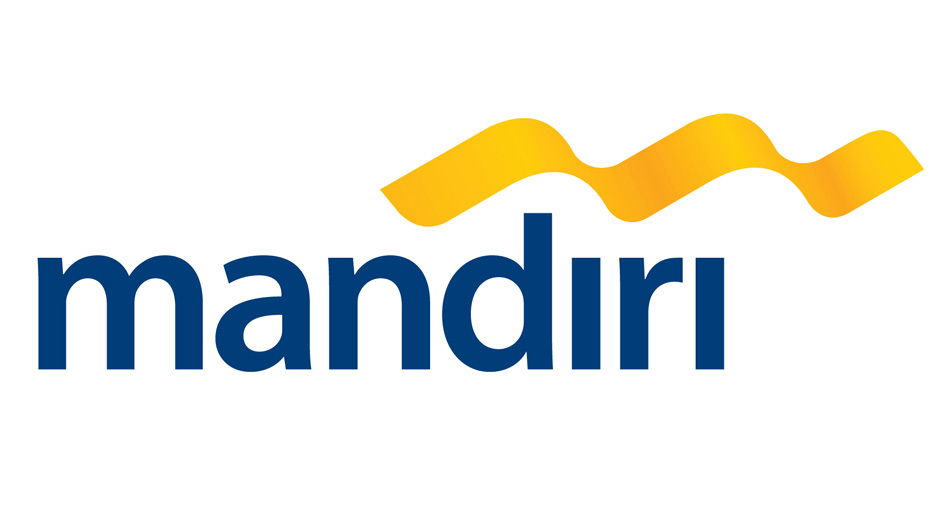Mandiri
PT Bank Mandiri Tbk is Indonesia’s largest financial institution by assets. Bank Mandiri offers businesses and individuals throughout Indonesia a full set of banking and non-banking products and services. The company also serves international clients with subsidiaries, branches and representative offices in London, Hong Kong, Singapore, Malaysia, Timor Leste, Shanghai, and the Cayman Islands.

PT Bank Mandiri Tbk is Indonesia’s largest financial institution by assets. Bank Mandiri offers businesses and individuals throughout Indonesia a full set of banking and non-banking products and services. The company also serves international clients with subsidiaries, branches and representative offices in London, Hong Kong, Singapore, Malaysia, Timor Leste, Shanghai, and the Cayman Islands.
Bank Mandiri was established as a consequence of the Asian Financial Crisis. When the Indonesian financial sector had collapsed in the late 1990s, four state-owned banks (Bank Exim, Bank Bumi Daya, Bank Dagang Negara and Bapindo) were merged into Bank Mandiri as part of the government’s bank restructuring program.
Bank Mandiri has six core business segments: Institutional, Corporate, Treasury, Commercial & Business, Consumer Finance, Micro & Retail Banking Bank Mandiri and through its subsidiaries, is active in a broad range of financial services.
Bank Syariah Mandiri has achieved a dominant position in Indonesia’s Islamic banking; Mandiri Sekuritas provides a full range of investment banking and asset management services, and is also a significant player in the government bond market. AXA Mandiri Financial Services provides bancassurance products through Bank Mandiri’s retail branch network. Mandiri Tunas Finance is a nationally distributed multi-finance company specializing in vehicle loans. Bank Sinar Harapan Bali is a specialist micro-lender and Mandiri AXA General Insurance (MAGI) is engaged in non-life insurance business.
Bank Mandiri has experienced a remarkable transformation between 2005 and the present. Around 2005, the bank posted weak financial results, for example a high Non-Performing Loan Ratio (NPL) of over 15 percent. However, through an extensive restructuring program it developed into one of Indonesia’s largest companies (by market capitalization) and one of the country’s leading financial institutions.